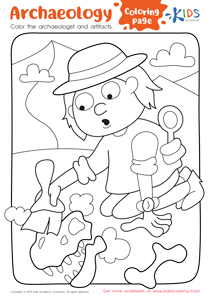Normal Beginning Sounds worksheets activities for Ages 3-5
1 filtered results
-
From - To


Phonics and Word Recognition: Assessment 1 ELA Worksheet
Normal Beginning Sounds worksheets activities are an essential tool in the foundational stage of literacy development for young learners. These activities are specifically designed to enhance phonemic awareness, which is a critical skill for reading and spelling success. By engaging in Normal Beginning Sounds worksheets activities, children can develop a strong understanding of the relationship between letters and their corresponding sounds, a cornerstone of phonics instruction.
One of the primary reasons these activities are so useful is that they provide a structured approach to learning. Normal Beginning Sounds worksheets are crafted to introduce sounds in a systematic and engaging way, ensuring that learners can grasp the basic concepts of phonics in a supportive environment. This structured approach helps reduce confusion and builds a solid foundation for more advanced literacy skills.
Furthermore, these worksheets activities are incredibly versatile, catering to various learning styles. Whether a child learns best through visual cues, auditory input, or hands-on activities, Normal Beginning Sounds worksheets can be adapted to meet their needs. This adaptability ensures that all children have the opportunity to succeed and thrive in their literacy journey.
Another significant benefit of Normal Beginning Sounds worksheets activities is their ability to foster independence in young learners. As children become more familiar with letter sounds, they gain confidence in their ability to decode words on their own. This sense of achievement is crucial for maintaining motivation and encouraging a lifelong love of reading.
In addition to individual learning, Normal Beginning Sounds worksheets activities facilitate collaborative learning environments. They provide an excellent opportunity for learners to work together, share knowledge, and support each other’s learning processes. This collaborative approach not only enhances literacy skills but also promotes social and emotional development.
In conclusion, Normal Beginning Sounds worksheets activities are a fundamental resource in early literacy education. Their ability to develop phonemic awareness, cater to different learning styles, foster independence, and encourage collaboration makes them an invaluable tool for educators and learners alike. By incorporating these activities into the learning process, we can ensure that children have the strong foundational skills necessary for future reading and spelling success.
 Assign to the classroom
Assign to the classroom












